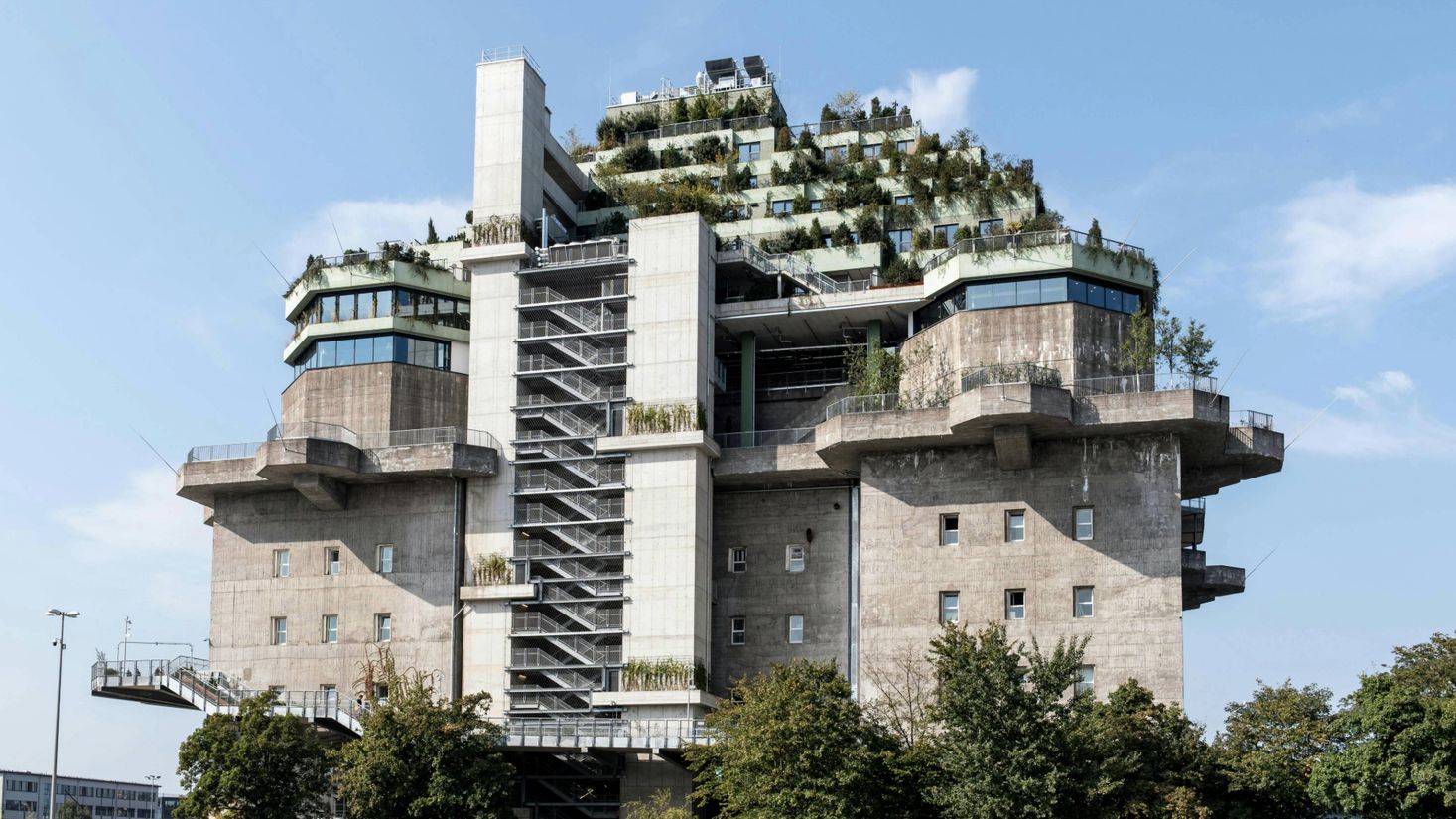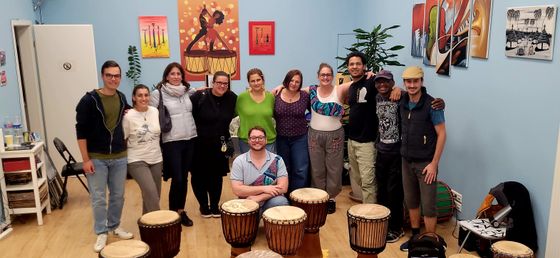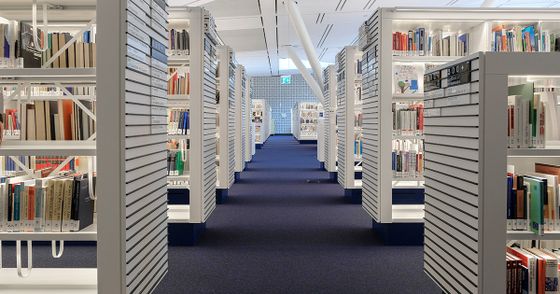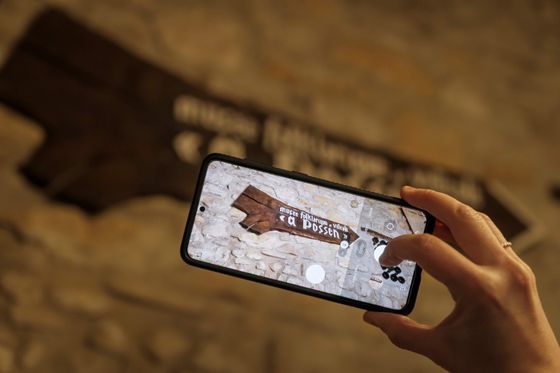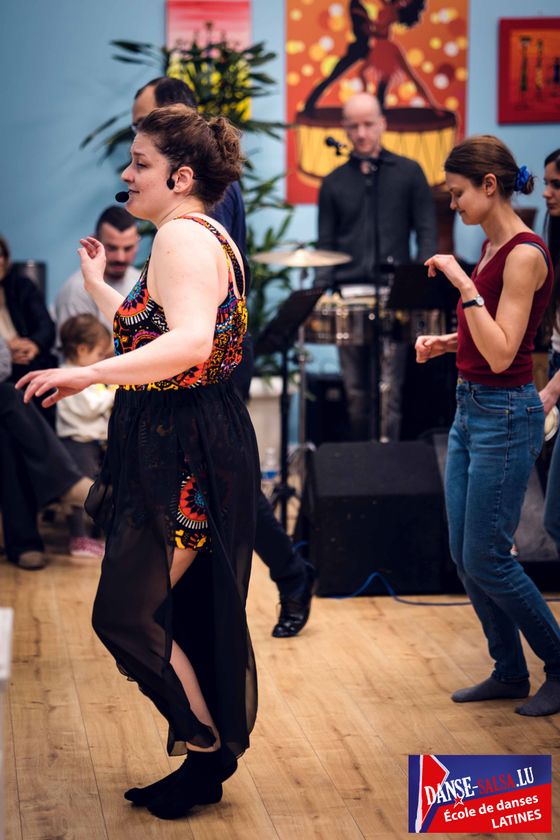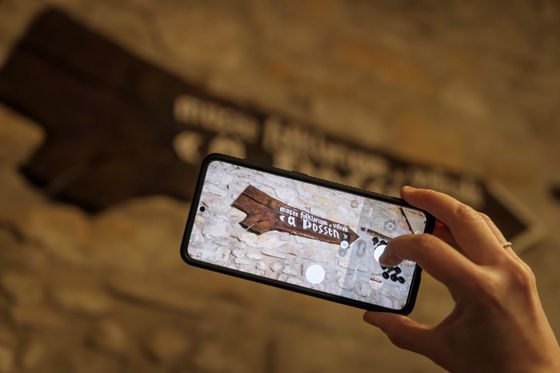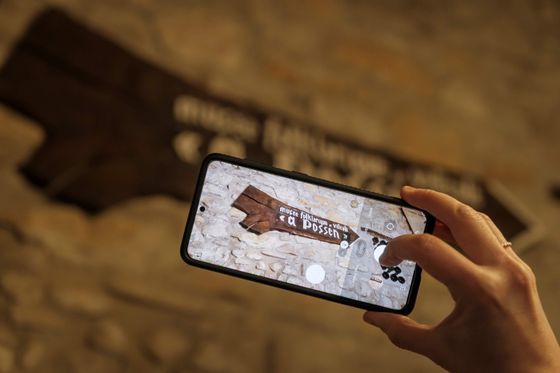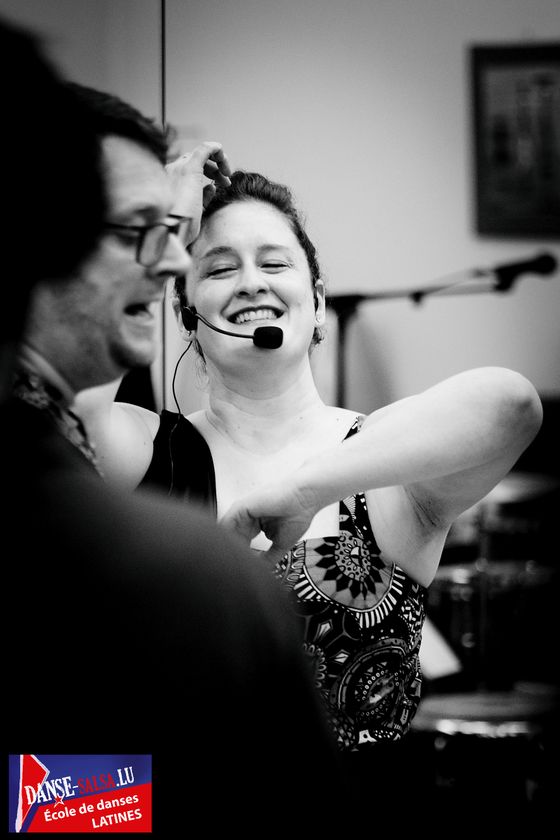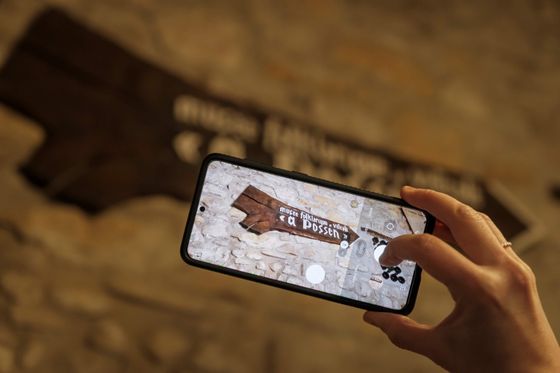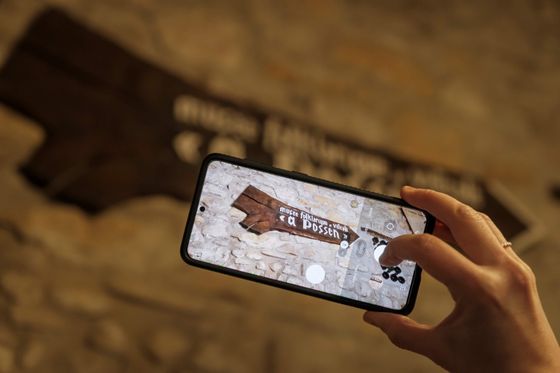Sustainable and Engaged Futures
The future of sustainable building: prospects of a non-extractive architecture
Deze inhoud is helaas niet in het Nederlands beschikbaar.
At the crossroads of key societal and environmental trends, the "Sustainable and Engaged Future" workshops aim to bring scientists and the general public closer together.
Inspired by the model of science cafés, we invite participants to engage in open dialogue with experts, ask questions, and share their views through six interactive public discussions. Each workshop is designed as an inclusive space where diverse perspectives are welcomed and valued.
Our goal is to strengthen the connection between society and the University of Luxembourg by fostering direct interaction, openness, transparency, and public engagement. Join us on this exciting journey to bring science closer to the community and work together toward a more sustainable and engaged future.
.
Our third workshop features a captivating public discussion with Prof. Christian Vincenot and Dr. Kseniia Kravchenko from the University of Luxembourg, exploring the vital roles bats play as bioindicators in the face of climate change and urbanisation.
.
Presented in both French and English, this outdoor forum will highlight how bats reflect the broader environmental impacts of climate shifts and expanding urban landscapes.
The discussion will delve into how climate change affects bat behaviour, migration patterns, and habitats, while emphasising their crucial role in preserving urban biodiversity.
Following the discussion, participants will embark on an exciting field excursion, equipped with ultrasound bat detectors and thermal cameras. This hands-on experience offers a unique opportunity to observe bats in their natural environment and gain first-hand insights into their remarkable adaptations.
Don’t miss this chance to connect with experts, share your thoughts, and deepen your understanding of the intricate relationship between bats and our environment. Let’s explore together how these extraordinary creatures can help guide us toward a more sustainable future.
